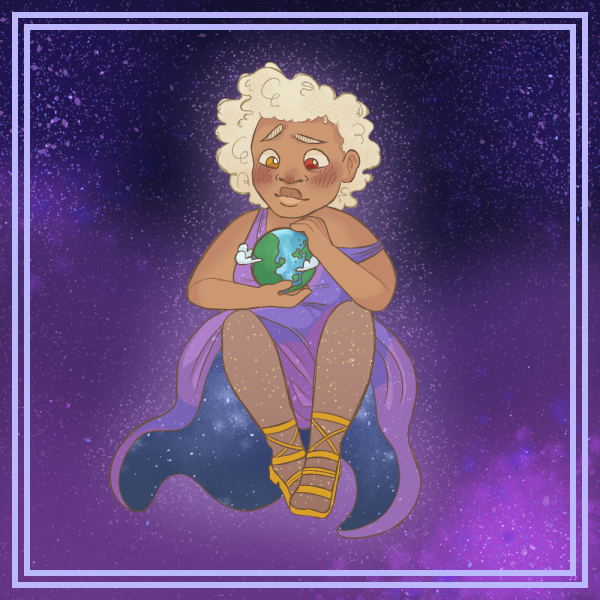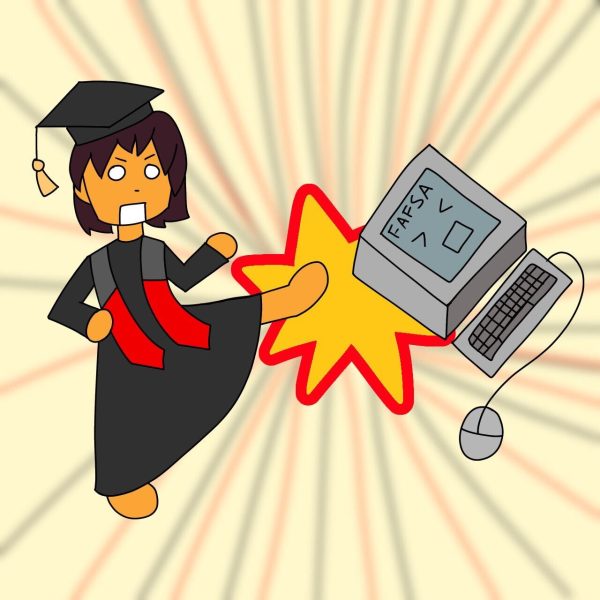Television should not replace a babysitter
April 17, 2008
We are living in a very violent society.
Although I’m guilty of watching almost every bloody, gory crime show known to man, I know the difference between stories and reality. What’s more disturbing than seeing a mangled corpse on TV is that a lot of young kids see that corpse and don’t know the difference between fiction and reality.
“Children may learn much without direct, explicit instruction,” said Brad Pillow, an associate professor of developmental psychology. “But direct teaching by parents probably would be helpful.”
Almost everybody would agree that television content is escalating in violence, but simply seeing these images won’t turn you into a serial killer or have the need to crave blood. Most people think that just having an increase of visual violence may cause more actual violence, but I don’t know if this is true. Obviously, people would be exposed to more violence, but we don’t necessarily imitate everything we see everyday.
What places a more lasting impression on people is how they were raised and what values were instilled in them by their parents. Of course television can have a negative influence on someone if he or she weren’t taught what was right or wrong or not given a sense of fantasy.
“I think kids know the difference between fiction and reality,” freshman business major Chelsea Kuehne said. “But they may not know the difference in what is right and wrong.”
If we view the recent beating of a girl by her classmates as just a product of media violence, then why hasn’t every person on the planet done this same thing, since we’ve all been exposed to this kind of brutality?
It’s because some children aren’t told the right things about TV and the media, or about how they should view or grasp it. If children are just simply plopped in front of a TV or an Xbox and aren’t told anything, then they will only absorb the information they see and aren’t actually taught anything.
“To fully understand the difference between TV and reality, children would need to know not just that the images on TV are not really taking place,” Pillow said. “But also that the kinds of things that are depicted on TV are not realistic.”
This is how TV becomes wrong. Parents sometimes depend on media like a babysitter, which it clearly is not. TV and video games can teach a lot to a child as long as they get a sense of fiction and the real world from their parents.
The media is only going to get scarier, sexier and more violent, and we as a society have to make sure we and our children are ready to fully understand its meaning: entertainment.
“Even adults sometimes have difficulty keeping fact and fiction separate in their thinking,” Pillow said. “Seeing something on TV, even in a fictional program, may make it seem more possible or likely.”
Sources: Brad Pillow, associate professor of developmental psychology, 753-7079, [email protected]
Chelsea Kuehne, freshman business major, [email protected]












